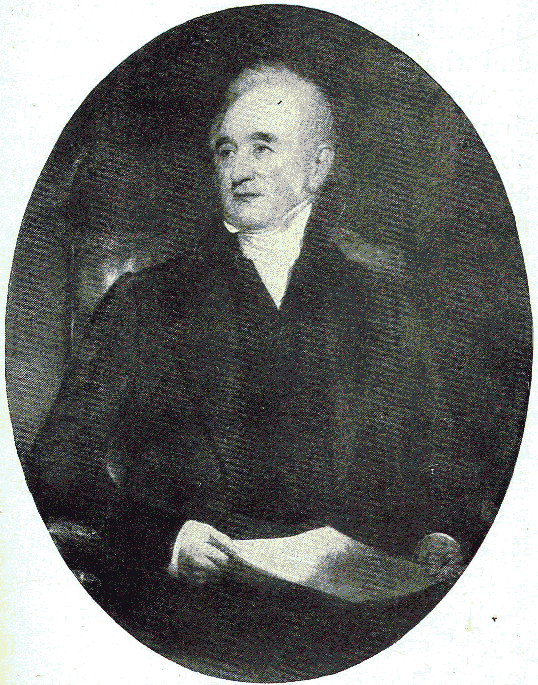Cambridge Historical Reader: Primary - Cambridge Press |
George Stephenson, "The Father of the Railway"
There are old people living to-day who can just remember the time when there were no railways. Very few travelled far in those days; and, when they did, the journey was done by a stagecoach drawn by four horses.
To-day, we can enter a fast train in one of the great London stations, and in four hours can reach the city of York. A hundred years ago, this same journey took five or six days. The life of George Stephenson shows how this great change was made.
His father worked in a mining village not far from Newcastle, and lived in a poor little cottage, with a clay floor, and without even plaster on the walls. He was too poor to send his little son George to school; and, when only eight years old, the little fellow was set to mind cows instead.
George was paid twopence a day for this work; but, later, he earned two shillings a week for minding horses, and doing other farm work.
Then we find him helping his father, who was the fireman of an engine. George soon became a fireman, too; and at the age of sixteen, he was earning twelve shillings a week.
How proud he was when he got his first week's wages! "Now I am a made man for life," he cried. His great delight was to take his engine to pieces, and then put it together again. In this way, he soon knew every part of an engine, and what work it had to do.
Now, Stephenson had the good sense to know that, if he wanted to learn more about engines, he must read books. So, at the age of eighteen, he went to a night school, where he learned reading, writing and arithmetic.
A few years afterwards, Stephenson did a clever piece of work, which made him famous in that part of the country. A coal mine was flooded, and an engine had been made to pump out the water, but no one could make it work properly. Many clever men tried, but in vain; so, when Stephenson said he could make it work, he was allowed to try.
 GEORGE STEPHENSON |
In less than a week, the engine was working well, and the mine was soon dry. Two years after this, he was placed in charge of all the engines in a colliery, and was paid £100 a year. Was not this a fine rise for the poor boy who had begun with twopence a day?
It was about this time that Stephenson began to think of making a railway engine. When a boy, he had often seen heavy wagons drawn along on iron rails by horses. He had heard, too, of some clumsy engines, which had been made to do the work instead of horses.
But these could only travel at the rate of two miles an hour, and cost so much to work that people could not afford to use them. Stephenson went to a place where one of these was in use. He looked at it very carefully, and then said he was quite sure he could make a much better one.
He did so in less than a year, and then he made a better one still. Some rich men now asked him to make a railway for them, between two towns in the north. Stephenson undertook the work, and soon his engines were drawing heavy loads at the rate of six miles an hour.
This was not very fast, you will say; but it was much better than anything that had been done before. His next great work was to make a line from Liverpool to Manchester.
At one place, the railway had to be carried through a swamp. So stones and other things were driven in until the ground was quite firm, and then the rails were laid on the top of it.
George Stephenson was now asked by the owners of the line to make an engine which would travel at least ten miles an hour. How pleased they must have been when he finished the famous "Rocket," which travelled thirty miles in an hour!
 THE "ROCKET" |
When the railway was opened, he himself drove the train, and in the carriages were some of the most famous men of the day. The speed of the train filled them with wonder, for nothing like it had been heard of before.
Since that time, railway lines have spread like a great network, not only over this country, but also in other lands. For a few shillings, dwellers in smoky towns may be taken hundreds of miles to spend a happy day by the sea. Workmen, too, who toil in big towns, are quickly carried to their homes at night, far away from the noise and bustle of their daily work.